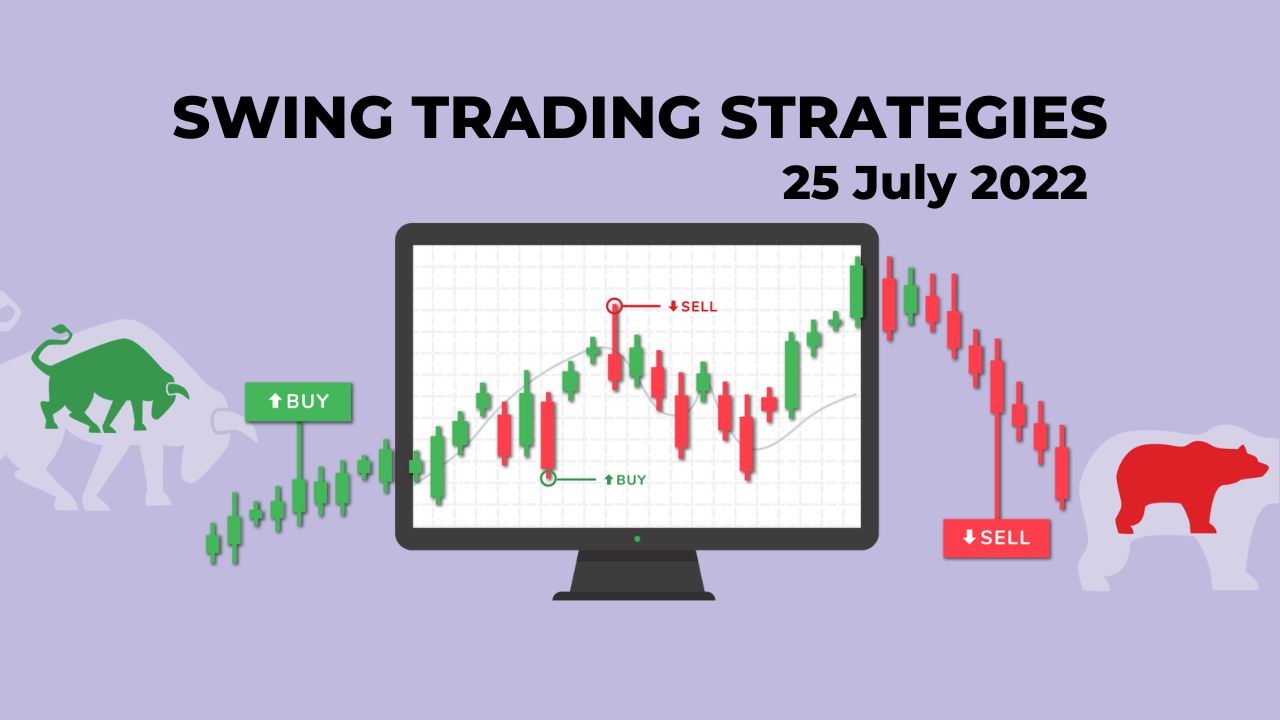
Selling and buying foreign currency options can be complex. Forex options may be traded via telephone or electronically. They offer many benefits but also come with some risks. These risks include the potential to lose money. There are many ways to minimize the risk of forex option trading. These tips will help you make informed decisions.
There are two types, exchange-traded options (OTC) and over-the–counter options. You can trade a currency pair with an exchange-traded option. The option is traded through a financial institution or a broker. The option is typically executed on the date of expiration. But, forex options can be purchased with any expiration date. For example, you can purchase a EUR/USD forex option with an expiration date of April 30. If you choose to sell the currency pair, you can buy it at the current market rate of March 31 or purchase it at the April 30 price.
Over-the-counter transactions offer greater flexibility and let you buy or sell an underlying asset with no delivery. This type of transaction can be very advantageous for small traders. However, you will have to pay for brokerage fees. There are few options platforms that charge you commissions.

The main advantage to buying an option, however, is that you can make money if it's worth more. However, if the price of the currency decreases, you can actually lose money. The strike price is the minimum currency value. If it is below that, the option is no longer available. If the currency is worth more, you might be eligible to sell it for a profit.
It is important to research the options before you decide on which one is best for your needs. For instance, if you're interested in a European style currency option, you'll want to look at the volatility measure of the option. Volatility is the standard deviation of the price over time. This measure can fluctuate by up to 2%.
A fixed-rate option is another type of currency option that you may want to consider. This option allows for you to take a predetermined percentage of your profits. This option can also be used for hedging other forex positions.
There are many options for forex, but these are the main ones. If you're interested in learning more about forex options, you should consult your broker or a financial professional. Consider using leverage to increase your trade capital. This is where you borrow money directly from your broker. This option can be much cheaper than buying the currency.

When trading forex options, there are many other factors you should consider. A good broker will offer many services including technical support, trading support, and monitoring of your account. You should also take the time to learn about the benefits and risks involved in forex options trading.
FAQ
What's the difference between the stock market and the securities market?
The entire list of companies listed on a stock exchange to trade shares is known as the securities market. This includes stocks, bonds, options, futures contracts, and other financial instruments. Stock markets can be divided into two groups: primary or secondary. Stock markets are divided into two categories: primary and secondary. Secondary stock markets allow investors to trade privately on smaller exchanges. These include OTC Bulletin Board Over-the-Counter, Pink Sheets, Nasdaq SmalCap Market.
Stock markets are important as they allow people to trade shares of businesses and buy or sell them. The value of shares is determined by their trading price. New shares are issued to the public when a company goes public. Dividends are received by investors who purchase newly issued shares. Dividends are payments that a corporation makes to shareholders.
Stock markets not only provide a marketplace for buyers and sellers but also act as a tool to promote corporate governance. Boards of directors are elected by shareholders to oversee management. Managers are expected to follow ethical business practices by boards. In the event that a board fails to carry out this function, government may intervene and replace the board.
How are securities traded
Stock market: Investors buy shares of companies to make money. Shares are issued by companies to raise capital and sold to investors. Investors then resell these shares to the company when they want to gain from the company's assets.
Supply and demand determine the price stocks trade on open markets. The price rises if there is less demand than buyers. If there are more buyers than seller, the prices fall.
Stocks can be traded in two ways.
-
Directly from the company
-
Through a broker
What's the difference among marketable and unmarketable securities, exactly?
The principal differences are that nonmarketable securities have lower liquidity, lower trading volume, and higher transaction cost. Marketable securities are traded on exchanges, and have higher liquidity and trading volumes. You also get better price discovery since they trade all the time. But, this is not the only exception. Some mutual funds, for example, are restricted to institutional investors only and cannot trade on the public markets.
Marketable securities are more risky than non-marketable securities. They have lower yields and need higher initial capital deposits. Marketable securities are generally safer and easier to deal with than non-marketable ones.
A large corporation may have a better chance of repaying a bond than one issued to a small company. The reason is that the former will likely have a strong financial position, while the latter may not.
Because of the potential for higher portfolio returns, investors prefer to own marketable securities.
Statistics
- For instance, an individual or entity that owns 100,000 shares of a company with one million outstanding shares would have a 10% ownership stake. (investopedia.com)
- US resident who opens a new IBKR Pro individual or joint account receives a 0.25% rate reduction on margin loans. (nerdwallet.com)
- The S&P 500 has grown about 10.5% per year since its establishment in the 1920s. (investopedia.com)
- Even if you find talent for trading stocks, allocating more than 10% of your portfolio to an individual stock can expose your savings to too much volatility. (nerdwallet.com)
External Links
How To
How can I invest my money in bonds?
You need to buy an investment fund called a bond. They pay you back at regular intervals, despite the low interest rates. This way, you make money from them over time.
There are many different ways to invest your bonds.
-
Directly buying individual bonds
-
Buying shares of a bond fund.
-
Investing through a bank or broker.
-
Investing through a financial institution
-
Investing via a pension plan
-
Invest directly through a broker.
-
Investing via a mutual fund
-
Investing with a unit trust
-
Investing with a life insurance policy
-
Investing with a private equity firm
-
Investing in an index-linked investment fund
-
Investing through a Hedge Fund